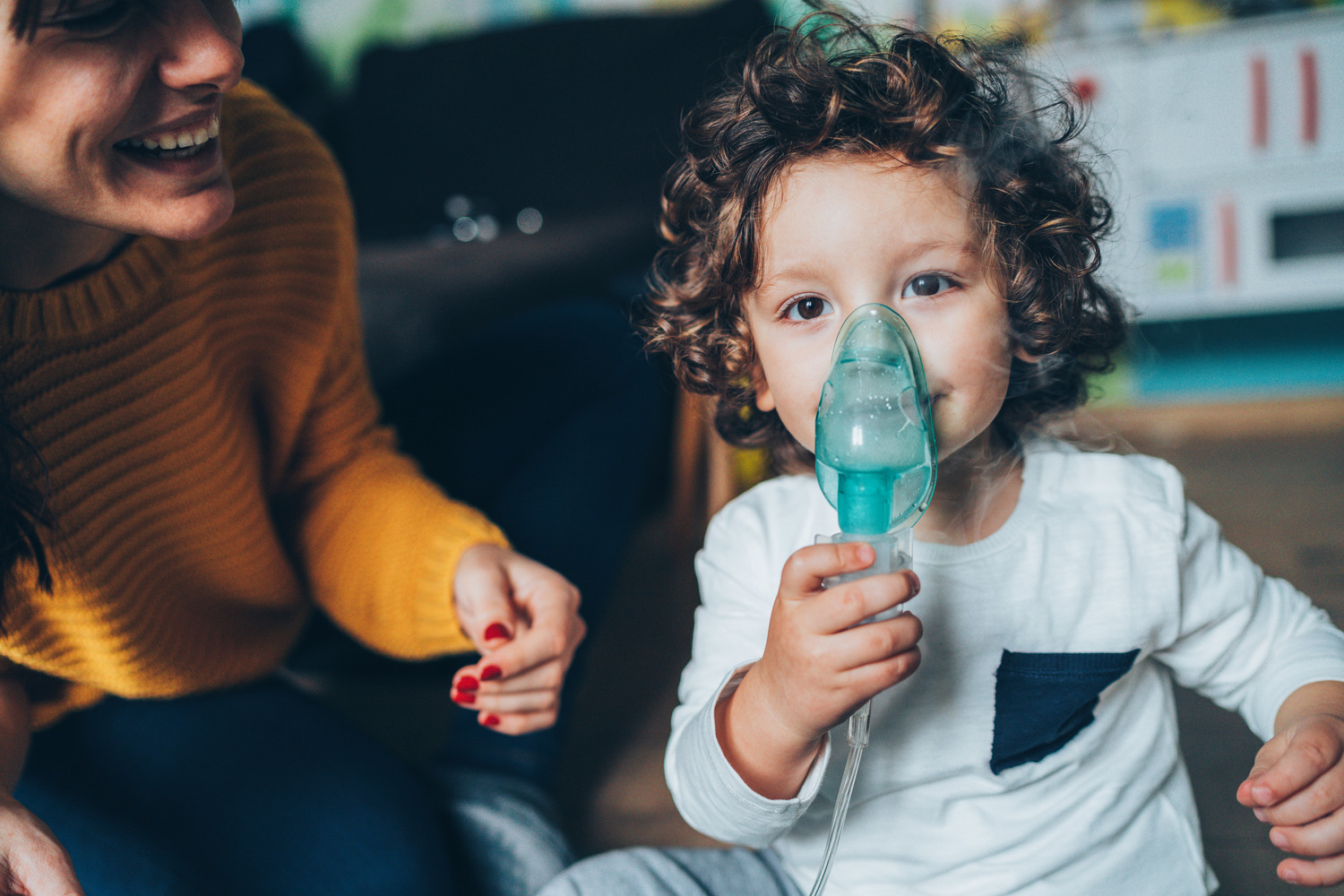 Children with cystic fibrosis will be included in the next phase of a clinical trial of a WA-pioneered treatment aimed at boosting their immune responses.
Children with cystic fibrosis will be included in the next phase of a clinical trial of a WA-pioneered treatment aimed at boosting their immune responses.
Developed by researchers at The Kids Research Institute Australia and Perth Children’s Hospital the treatment, known as RSP-1502, uses an antibiotic booster to improve the effectiveness of treatment for Pseudomonas aeruginosa infections in people with cystic fibrosis.
Respirion Chief Scientific Officer Professor Barry Clements said a Phase 1b study of the trial had been successful, allowing researchers to proceed to a Phase 2 study involving children aged 12 years and older.
“With limited antibiotic options to address rising bacterial resistance, new options are urgently needed for people with cystic fibrosis and RSP-1502 represents a long-awaited breakthrough for this vulnerable population,” he said.
The Phase 1b study was conducted under US FDA oversight and tested ascending doses of the RSP-1502 combination in cystic fibrosis patients, with the highest dose proceeding to be tested in a Phase 2a study in children and adults.
The follow-on Phase 2a study will test the efficacy of RSP-1502 in reducing bacterial infections and improving lung function, as well as examine how the combination reduces biomarkers of inflammation in the lung.
The Phase 2a study will involve PCH and eight other sites in Australia, as well as additional sites in the USA, and will enrol 40 children and adults with cystic fibrosis.
“We are very excited by the potential for RSP-1502 to solve the challenge of chronic lung infections in children and adults,” Prof Clements added.
An early WA-based pilot study of chronically infected cystic fibrosis patients demonstrated an average 16% improvement in lung function, compared to 5% for patients using a standard of care antibiotic treatment.
The Phase 2a study will bring the new drug closer to receiving international regulatory approval, providing people with cystic fibrosis access to a more effective treatment which, if started early in childhood, could slow disease progression.
The treatment also has broader potential in other chronic lung conditions including where new and effective antibiotics are needed.
Recruitment for the Phase 2a study is currently underway. Visit the clinical trials website for more information.
Want more news, clinicals, features and guest columns delivered straight to you? Subscribe for free to WA’s only independent magazine for medical practitioners.
Want to submit an article? Email editor@mforum.com.au

